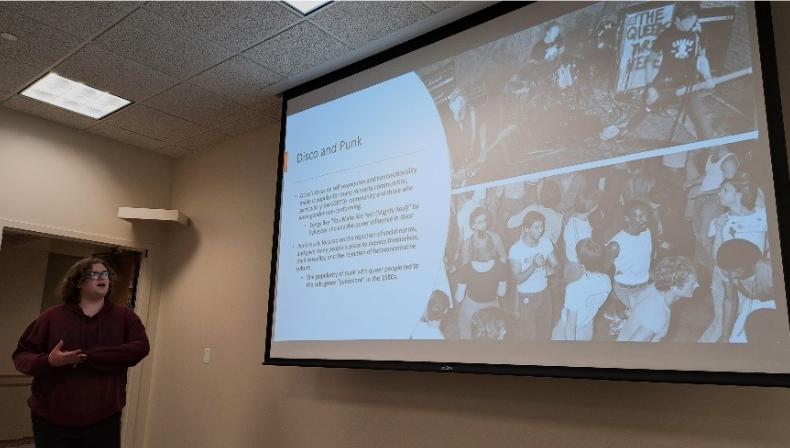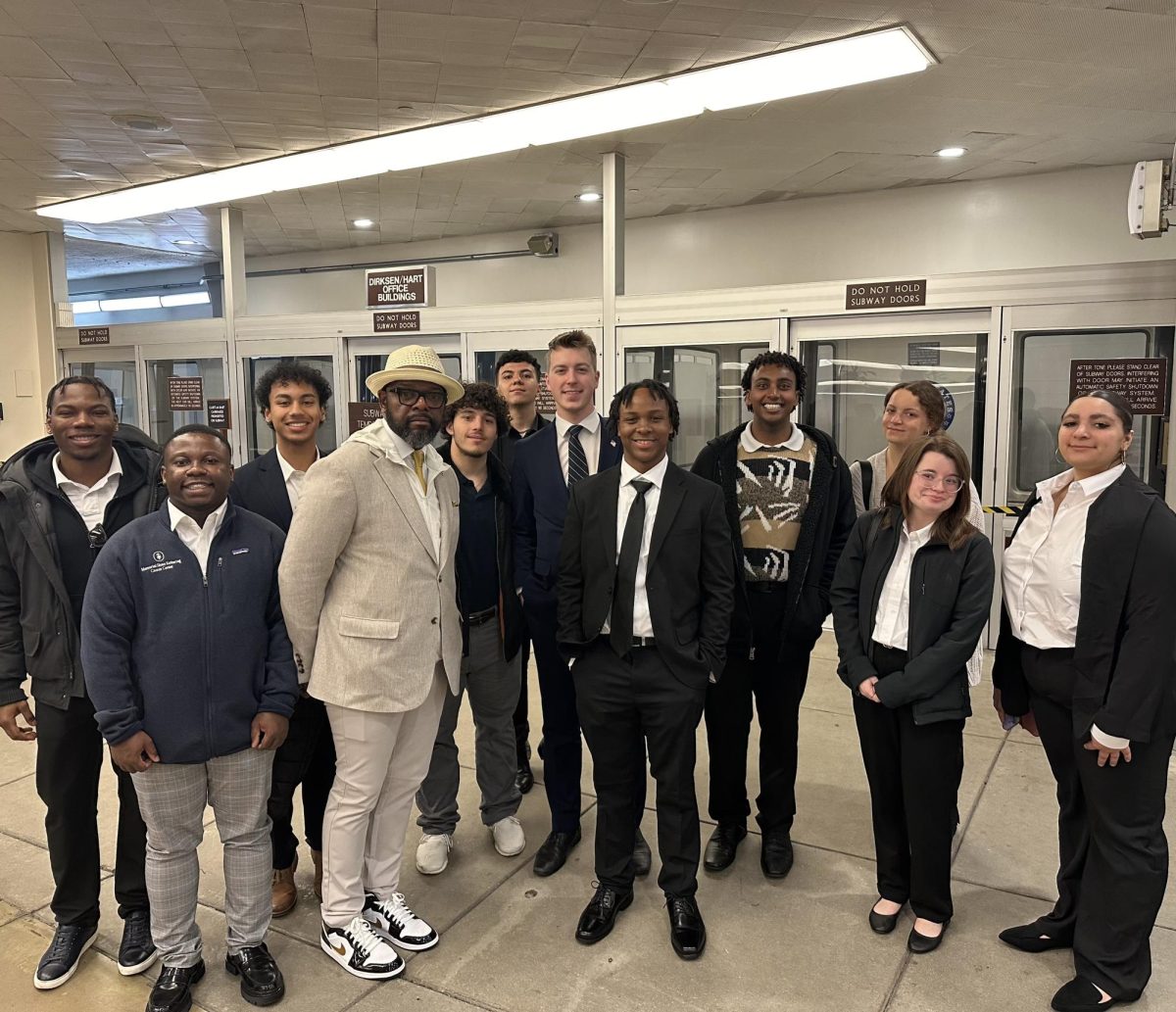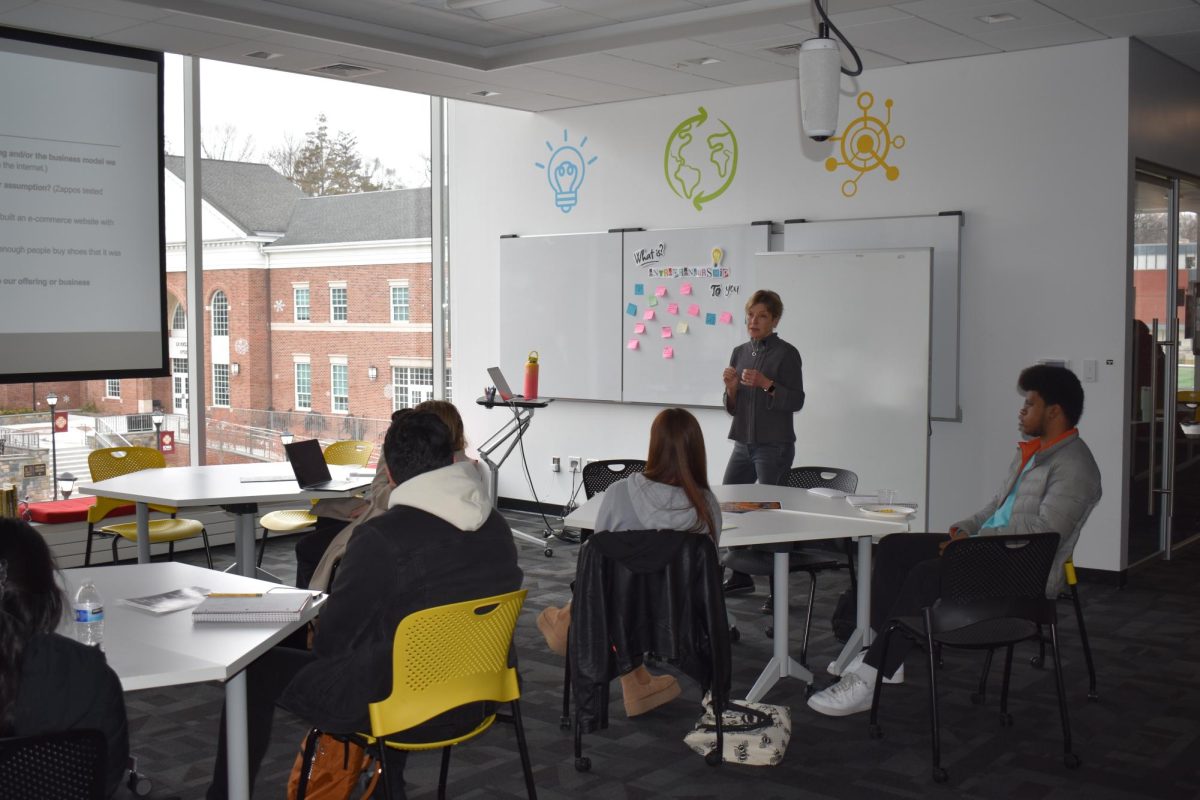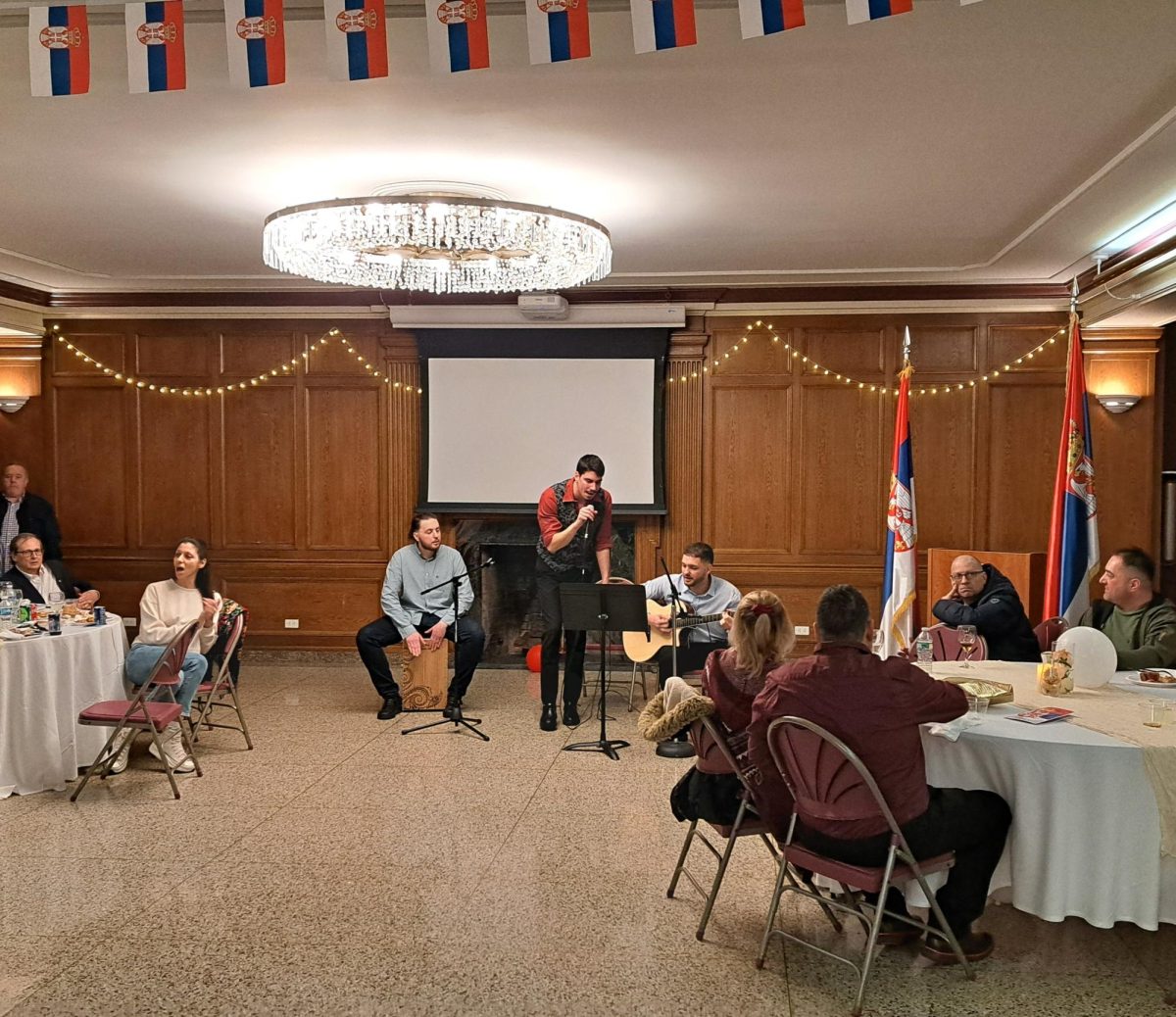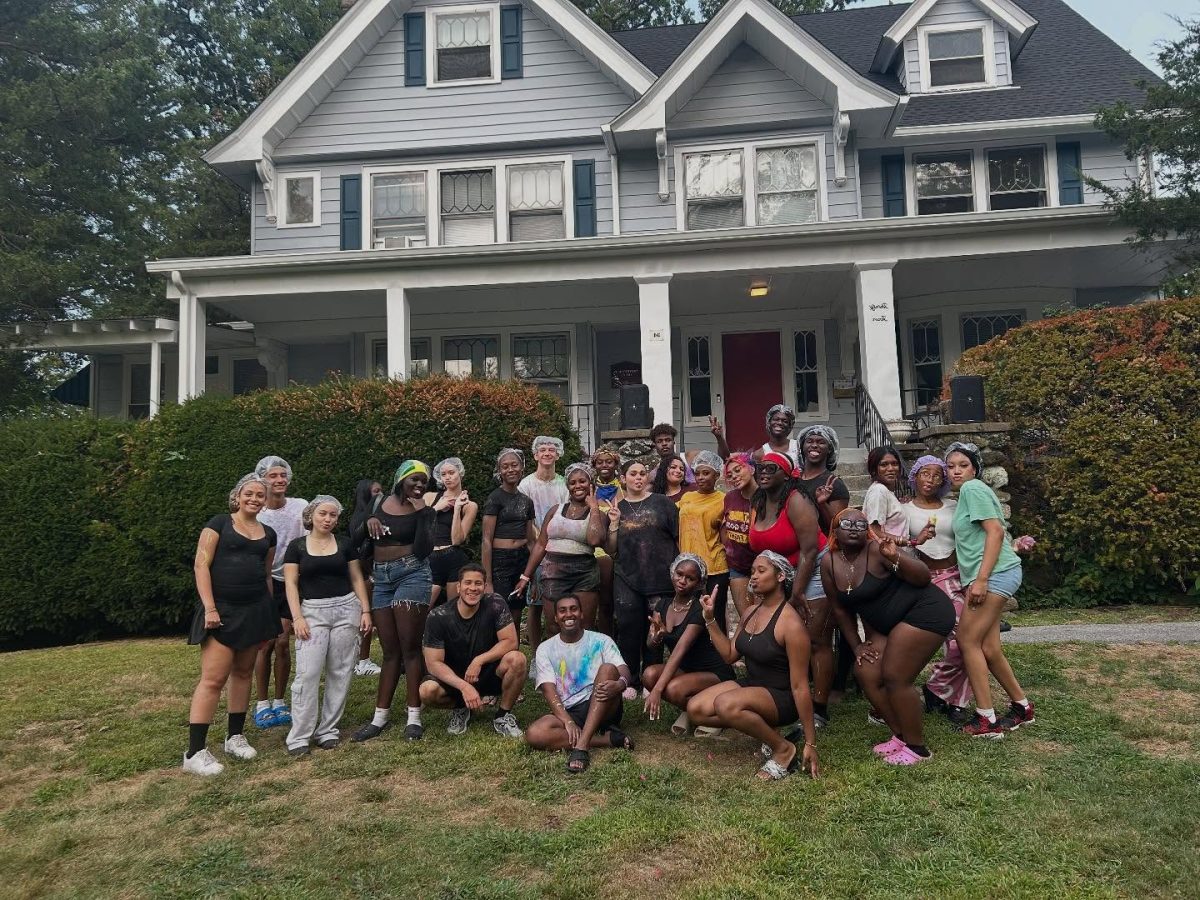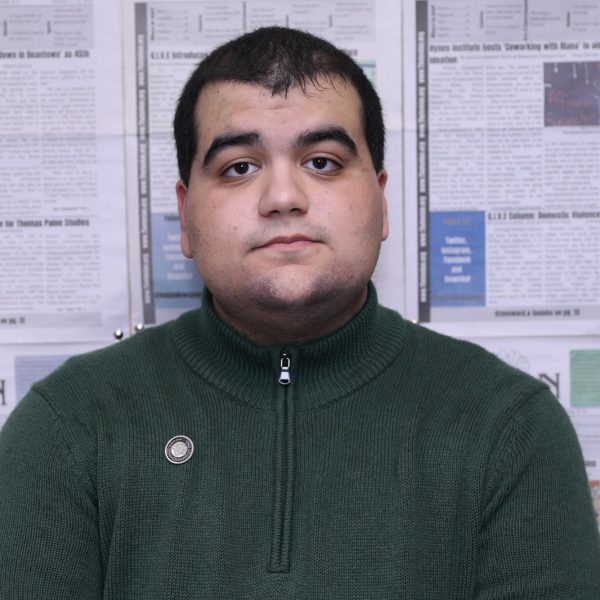Alike any art form, music is a tool of self-expression. Music can communicate life perspectives that are otherwise marginalized and empower communities to take pride in who they are, regardless of their circumstances. This is precisely the aspect of music that the Iona Queer-Straight Alliance (QSA) explored on Monday, January 22.
Iona QSA President Parker Hankla ’25 began the presentation with a discussion of what it means to be queer, emphasizing the embracement of individuality and one’s uniqueness as a core component of being queer. The LGBTQ+ community doesn’t limit consideration of what is queer music to just music made by queer artists either – it can be music that touches on individuality and embracing self-identity. “Music is a very significant part of the LGBTQ+ community, and I feel like we should have an open dialogue about this,” remarks Hankla.
The impact of the queer community on music stretches back to the 1920s with the age of blues and all the way to the glam rock icons like David Bowie, Elton John and Freddie Mercury. Hankla also highlighted many lesser-known queer artists that also contribute to the surging acceptance and presence of queer people. By tracing the evolution of queer involvement in music creation, Hankla illustrated the connective power of music for the historically marginalized LGBTQ+ community.
Since its beginnings in the 1920s, queer music has broken down the artificial barriers of marginalization by highlighting the contrived nature of social norms and societal standards. Consider Elton John’s “Candle in the Wind”, a song dedicated to the late American actress Marilyn Monroe. John criticizes the oversimplistic contemporary media perception that Monroe is only a sexual icon by using Marilyn Monroe’s real name of Norma Jeane and humanizing Monroe’s struggle with loneliness. Queer musicians help us embrace ourselves for who we truly are, rather than what we are told to be.
A common thread between queer music spanning virtually all music genres is a focus on self-expression. “Understanding that there’s music for all kinds of people made by all kinds of people is important for discovering your identity,” says Iona QSA Secretary Sebastian Bettigole ’25. Bettigole touches upon the foundation of empathy – placing yourself in someone else’s shoes. Through empathy, we can learn to celebrate the differences that make us unique while appreciating the similarities that also bring us together.


